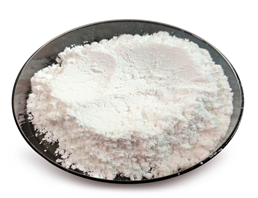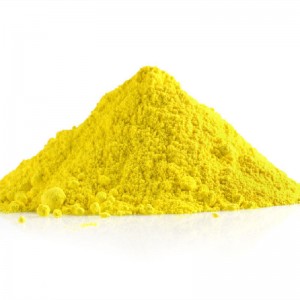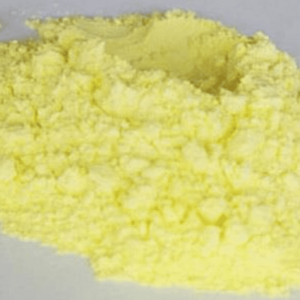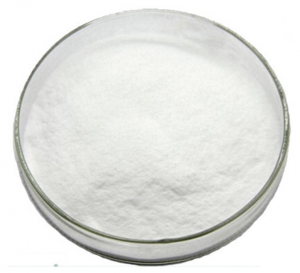Description
Albendazole (ALBENZA) is an orally administered broad-spectrum anthelmintic. Albendazole chewable tablet is included in the World Health Organization (WHO) list of essential medicines as an intestinal anthelminthic and antifilarial medicine. Albendazole tablet was developed by SmithKline Animal Health Laboratories and approved by U.S. Food and Drug Administration (FDA) in 1996.
Albendazole has capability of completely killing the eggs of whipworm and hookworm as well as partially killing Ascaris’ eggs; it can also get rid of various kinds of nematodes parasitizing inside animal bodies, and has effects on either getting rid of or directly killing tapeworms and cysticerci. It is thus useful in the treatment of hydatid and the nervous system (cysticercosis) caused by infection of pork worm, and also in the treatment of hookworm, roundworm, pinworm, nematode trichinella, tapeworm, whipworm and stercoralis nematode.
Pharmacodynamics
Albendazole is a kind of benzimidazole derivatives. It is rapidly metabolized in vivo into the sulfoxide, sulfone and 2-polyamine sulfone alcohol. It can selectively and irreversibly suppress the glucose uptake of intestinal nematodes, thus resulting in endogenous glycogen depletion of the worm; at the same time, it also inhibit the activity of fumarate reductase, and thus preventing the generation of adenosine triphosphate, finally causing death of the parasites.
Similar as mebendazole, through causing the denaturation of cytoplasmic microtubules of intestinal parasites and binding to the tubulin, it causes clogging of intracellular transport, causing the accumulation of Golgi endocrine particles; cytoplasm is further gradually dissolved, causing the final death of the parasites.
This product can completely kill hookworm eggs, pinworm eggs, spin wool eggs, tapeworm eggs and cysticercosis whip eggs and partially kill Ascaris’ eggs.
Common Uses
Albendazole is a drug used to treat infections caused by parasites. It can be given to treat a rare brain infection (neurocysticercosis) or it can be given to treat a parasitic infection that causes important diarrhea (microsporidiosis).
Clinical Use
Albendazole has a broad spectrum of activity against intestinal nematodes and cestodes, as well as the liver flukes Opisthorchis sinensis, Opisthorchis viverrini, and Clonorchis sinensis. It also has been used successfully against Giardia lamblia. It is widely used throughout the world for the treatment of intestinalnematode infection. It is effective as a single-dose treatmentfor ascariasis, New and Old World hookworm infections,and trichuriasis. Multiple-dose therapy with albendazole caneradicate pinworm, threadworm, capillariasis, clonorchiasis,and hydatid disease. The effectiveness of albendazole againsttapeworms (cestodes) is generally more variable and lessimpressive. It also is effective in treating cerebral and spinal neurocysticercosis, particularly when given with dexamethasone.Albendazole is recommended for treatment of gnathostomiasis.









